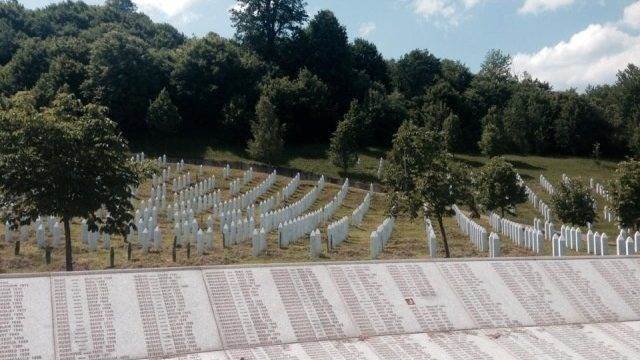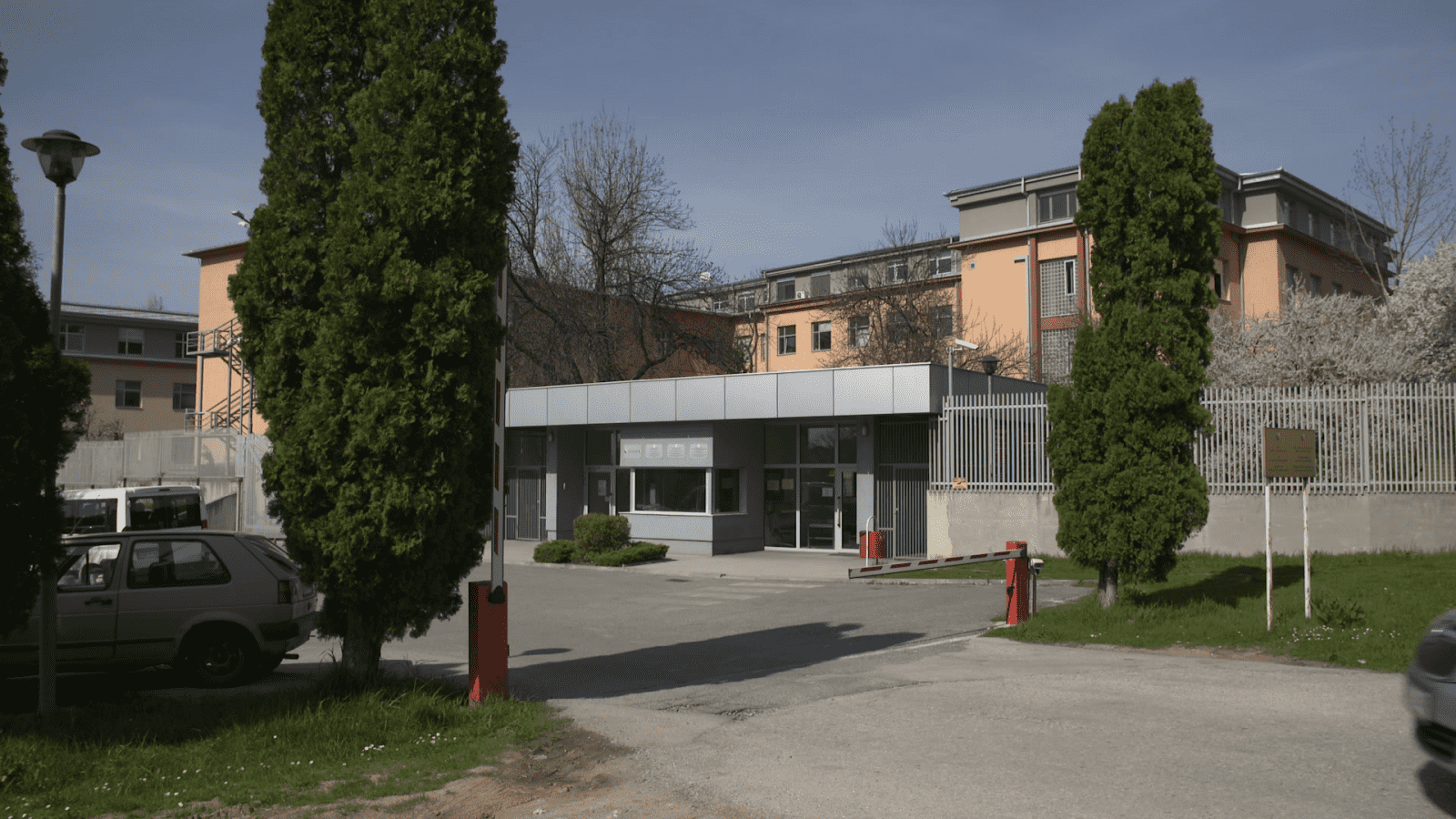At the trial of defendants charged with genocide in Srebrenica, a witness for the Prosecution of Bosnia and Herzegovina said that Muslims in Srebrenica did not have weapons which they...
At the trial for genocide in Srebrenica, a Defence witness says that he found out that civilians were killed on Branjevo, but people were not allowed to speak about the...
Testifying for the Prosecution of Bosnia and Herzegovina at the trial for genocide in Srebrenica, Dean Manning confirms that remains that were found in graves around Srebrenica suggest that the...
At the trial for genocide in Srebrenica a former member of the Tenth Reconnaissance Squad with the Republika Srpska Army, VRS, who testified in defence of the first indictee, says...
Testifying at the trial for genocide in Srebrenica, a protected Prosecution witness says that he participated in the shooting of prisoners on Branjevo military farm together with indictees Franc Kos,...
A newly founded association called, Help in Protecting Prisoners' Rights in Bosnia and Herzegovina, intends to supervise the respect of human rights in prisons in Bosnia and Herzegovina.
At the trial of four indictees who are charged with genocide in Srebrenica, the Prosecution of Bosnia and Herzegovina presents 25 pieces of material evidence but the Defence teams object...
Testifying at the trial for genocide committed in Srebrenica, a Prosecution witness says that members of the Tenth Reconnaissance Squad with the Main Headquarters of the Republika Srpska Army did...
Presenting his findings and opinion at a trial for genocide committed in Srebrenica, a court medical expert says that the identity of 1,247 Srebrenica residents killed in July 1995 has...
At a trial for genocide committed in Srebrenica, a protected Prosecution witness recalls surviving a shooting on Branjevo military farm, Zvornik municipality, in July 1995. The protected witness, who testified...


